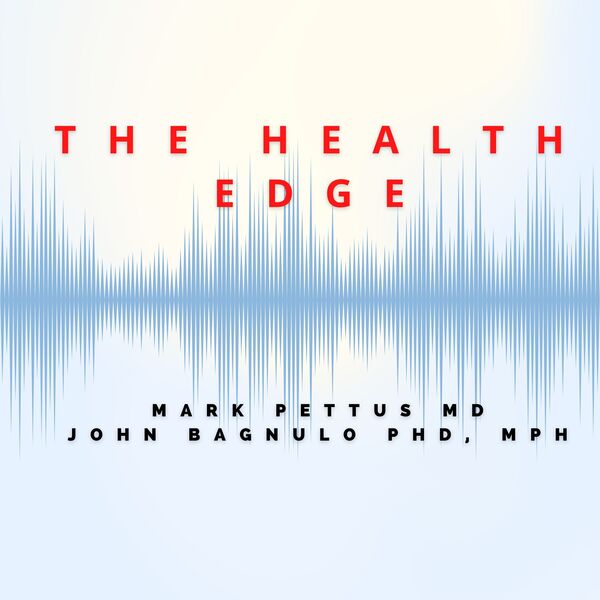In this episode of The Health Edge Mark and John discuss the current research linking the microbiome to human health. They review why we have fewer and less diverse “Fellow Travelers” and how we can begin to think about restoring this critical ecosystem legacy.
Cell Host Microbe 2017 p84-Dysbiosis and disease
Microbiome and neurotransmitters
Masters of Host Development and Physiology
Sonnenburg-Fiber and Microbiota health Cell
Personalized Nutrition Glycemic Response Cell 2015


23 thoughts on “The Health Edge: Fellow Travelers – Microbiome and Health”